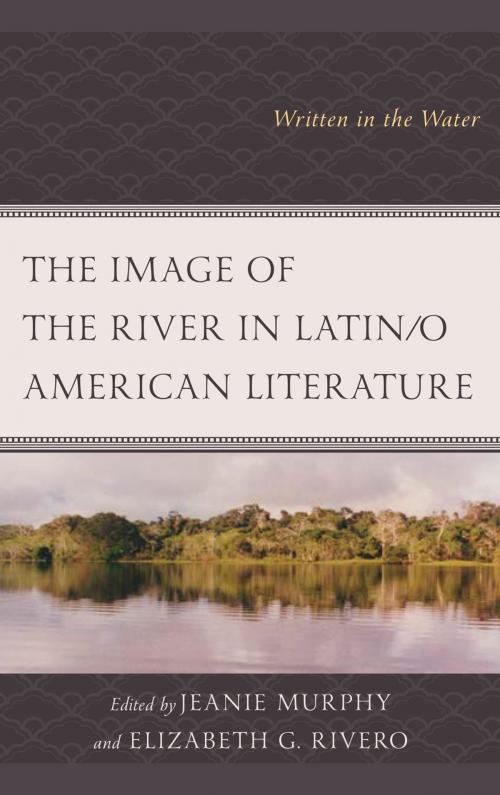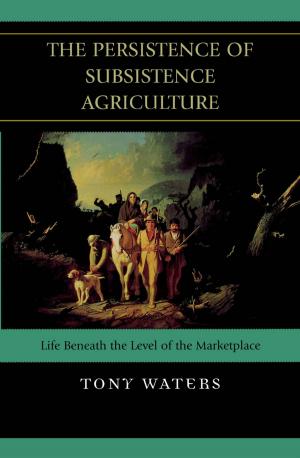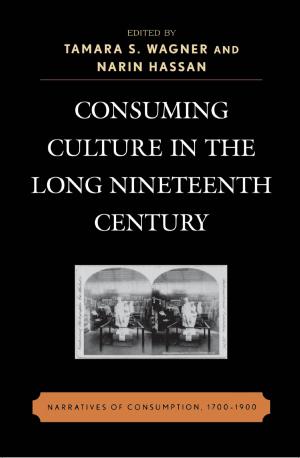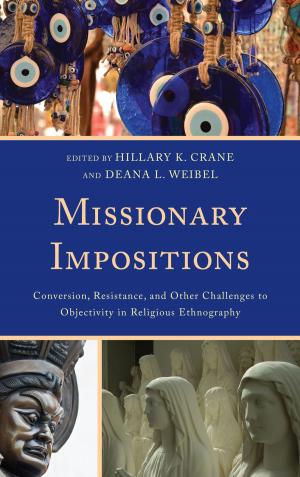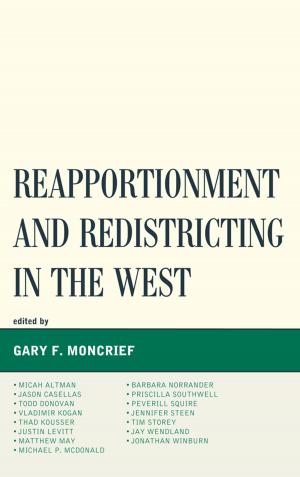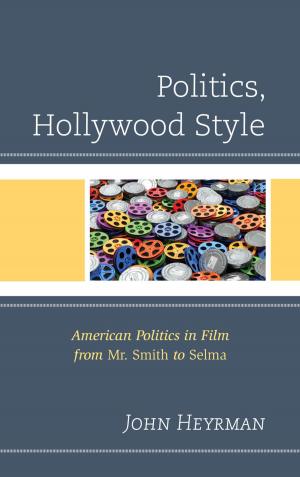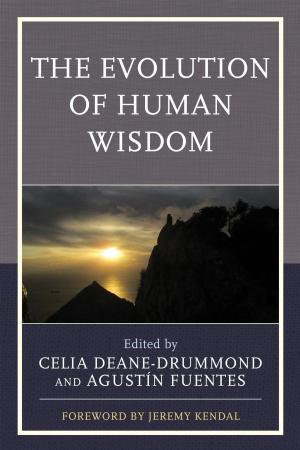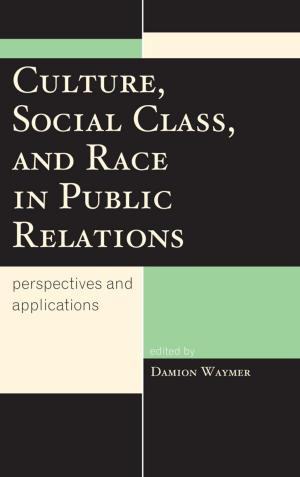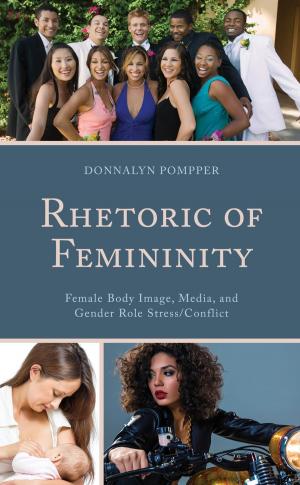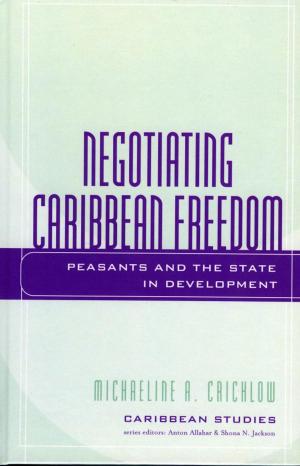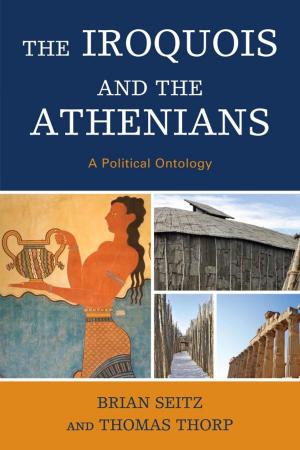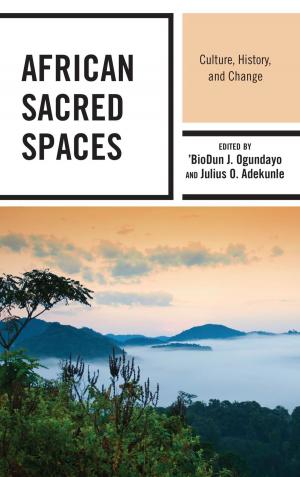The Image of the River in Latin/o American Literature
Written in the Water
Fiction & Literature, Literary Theory & Criticism, American| Author: | Renata Égüez, Bridget V. Franco, J. Manuel Gómez, Rebeca L. Hey-Colón, Julia A. Kushigian, Jeanie Murphy, Kathryn Quinn-Sánchez, Elizabeth G. Rivero | ISBN: | 9781498547307 |
| Publisher: | Lexington Books | Publication: | December 20, 2017 |
| Imprint: | Lexington Books | Language: | English |
| Author: | Renata Égüez, Bridget V. Franco, J. Manuel Gómez, Rebeca L. Hey-Colón, Julia A. Kushigian, Jeanie Murphy, Kathryn Quinn-Sánchez, Elizabeth G. Rivero |
| ISBN: | 9781498547307 |
| Publisher: | Lexington Books |
| Publication: | December 20, 2017 |
| Imprint: | Lexington Books |
| Language: | English |
Although fictional—and often fantastic—representations of nature have been a distinguishing feature of Latin American literature for centuries, ecocriticism, understood as the study of literature as it relates to depictions of the natural world, environmental issues, and the ways in which human beings interact and identify with their natural surroundings, did not emerge as a field of scholarly interest in the region until the end of the twentieth century. This volume employs an ecocritical lens in order to explore and question the use of the river imagery in Latino and Latin American literature from the colonial period to our modern world, creating a space in which to examine both its literal and figurative meanings, associated as much with processes of a personal nature as with those of the collective experience in the region. The slow, meandering streams of nostalgia, the raging currents of conflict or the stagnant waters of social decay are just a few of the ways in which the river has become an important symbol and inspiration to many of the region’s writers. This book offers a diverse collection of writings that, through a trans-historical and trans-geographical perspective, allows us, from the vantage point of the twenty-first century, to reflect on the rich and dynamic image of the river and, by extension, on the vital context of Latin/o America, its people and societies.
Although fictional—and often fantastic—representations of nature have been a distinguishing feature of Latin American literature for centuries, ecocriticism, understood as the study of literature as it relates to depictions of the natural world, environmental issues, and the ways in which human beings interact and identify with their natural surroundings, did not emerge as a field of scholarly interest in the region until the end of the twentieth century. This volume employs an ecocritical lens in order to explore and question the use of the river imagery in Latino and Latin American literature from the colonial period to our modern world, creating a space in which to examine both its literal and figurative meanings, associated as much with processes of a personal nature as with those of the collective experience in the region. The slow, meandering streams of nostalgia, the raging currents of conflict or the stagnant waters of social decay are just a few of the ways in which the river has become an important symbol and inspiration to many of the region’s writers. This book offers a diverse collection of writings that, through a trans-historical and trans-geographical perspective, allows us, from the vantage point of the twenty-first century, to reflect on the rich and dynamic image of the river and, by extension, on the vital context of Latin/o America, its people and societies.
